At-Will Employment
Kansas is an employment-at-will state, which means that—unless there is an express or implied contract—either the employer or the employee may terminate the employment relationship at any time, for any reason, or for no reason at all, so long as the termination is not unlawful or in violation of clearly established public policy.
However, there are important exceptions to this general rule:
Implied Contracts: Kansas courts recognize implied contracts based on employee handbooks, oral promises, or consistent employer practices that suggest an intent to create job security. To avoid misunderstandings, employers are encouraged to include clear disclaimers stating that employment is at-will.
Public Policy Protections: Employees are protected from termination when they:
Report health, safety, or welfare violations in good faith.
Exercise rights established by Kansas law or court rulings.
Retaliation Protections: Employers may not terminate or retaliate against employees who:
File complaints under wage and hour laws or the Kansas Wage Payment Act.
Report workplace safety concerns in good faith.
File or are expected to file workers' compensation claims.
Oppose discrimination under the Kansas Act Against Discrimination.
Fulfill their jury duty obligations.
To ensure your policies align with Kansas law and to reduce the risk of wrongful termination claims, employers should maintain well-drafted employee handbooks and update them regularly.
For comprehensive training on maintaining at-will employment, visit EmployerESource and explore our training webinars. These resources offer valuable information for business owners and managers seeking to stay informed and compliant.
For any questions about at-will employment and how to preserve this relationship, please contact EmployerESource. We’re here to provide expert guidance and support.
Deductions from Wages
Kansas law restricts an employer’s ability to withhold, deduct, or divert wages from an employee’s paycheck unless certain conditions are met.
When Wage Deductions Are Allowed:
Withholding is permitted only when authorized by law, required by a court order, or agreed upon through a signed, written agreement for a lawful purpose that benefits the employee.
Employers may make deductions with written authorization for:
Repayment of loans or advances made during employment.
Payroll overpayments.
Cost of employer merchandise, uniforms, or equipment purchased by the employee.
Final Paycheck Deductions:
Upon separation, employers may withhold wages—with prior written notice and explanation—to recover:
Property issued to the employee (e.g., tools, devices, uniforms, keys, proprietary info).
Loan or advance repayments.
Payroll overpayments.
Replacement cost of items the employee intentionally purchased and did not pay in full.
Important Limits:
Deductions cannot reduce pay below federal or Kansas minimum wage.
Some deductions are prohibited even with employee authorization. These include:
Deductions for cash or inventory shortages.
Losses due to breakage, bad checks, or customer theft.
Uniforms or equipment that are not essential to job duties and normally supplied by the employer.
Exceptions to Written Authorization:
Employers may recover overpayments due to employer error without written consent, as long as the deduction doesn’t exceed the overpayment amount.
To ensure compliance and proper documentation, contact EmployerESource to purchase a payroll deduction form and get expert guidance on payroll regulations. Have questions about payroll deductions? Reach out to EmployerESource today!
What do you do?
Take a minute to write an introduction that is short, sweet, and to the point. If you sell something, use this space to describe it in detail and tell us why we should make a purchase. Tap into your creativity. You’ve got this.
Final Wages
In Kansas, when an employee quits, resigns, or is discharged, the employer is legally required to pay all earned wages no later than the next regular payday, as if the employee were still employed. Payment must be made through regular channels or by mail if requested by the employee.
Avoid costly disputes and ensure compliance with ease—EmployerESource’s Employee Handbook provides clear policies on wage payments, terminations, and labor disputes to help safeguard your business. Order your Employee Handbook today!
Garnishments of Pay
Under Kansas law, if an employee is terminated, quits, or resigns, the employer must pay all earned wages by the next regular payday. This payment should be made through normal payroll methods, or by mail if requested by the employee.
Ensure your policies align with state regulations to prevent costly disputes. EmployerESource’s Employee Handbook includes clear guidelines on wage garnishment protections, helping you navigate legal obligations with confidence. Download your Employee Handbook today!
Voting Leave
In Kansas, employees are entitled to up to two consecutive hours of leave to vote on Election Day without loss of pay. This applies when an employee’s work schedule does not otherwise allow for two consecutive hours outside of work during polling hours.
If the polls are open for fewer than two hours before or after work, the employee is allowed to be absent only for enough time to total two hours. Employers may choose the specific time the employee can leave, as long as it does not fall during the employee’s regular lunch period. No penalties or deductions from wages are permitted due to voting leave.
Ensure your policies align with state regulations to prevent costly disputes. EmployerESource’s Employee Handbook includes clear guidelines on wage garnishment protections, helping you navigate legal obligations with confidence. Download your Employee Handbook today!
Wage Reduction
In Kansas, employers are required to provide certain information to employees upon request. Employers must notify employees in writing of their rate of pay and the day and place of payment. Any changes to these arrangements must also be communicated in writing.
Employers must also make information about employment practices and policies regarding vacation pay, sick leave, and other benefits—those that directly affect wages—available in writing or by a posted notice, upon the employee’s request.
Additionally, employees may request an itemized statement showing deductions from wages for each pay period in which such deductions occur.
Ensure your policies align with state regulations to prevent costly disputes. EmployerESource’s Employee Handbook includes clear guidelines on wage garnishment protections, helping you navigate legal obligations with confidence. Download your Employee Handbook today!

